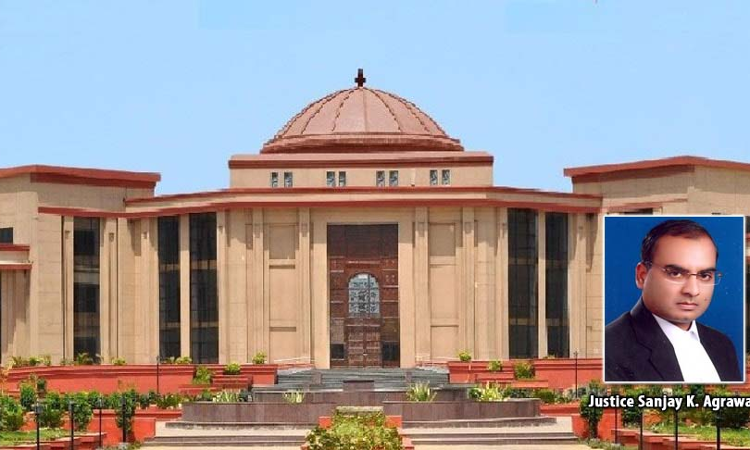Section 14 Limitation Act Has No Application In Criminal Proceedings : Chhattisgarh High Court
LIVELAW NEWS NETWORK
30 Nov 2020 12:45 PM IST

Next Story
30 Nov 2020 12:45 PM IST
The Chhattisgarh High Court has observed that the Section 14 of the Limitation Act, 1963 has no application in criminal proceedings.Section 14 provides for exclusion of time spent in proceedings bona fide, in a Court which lacked jurisdiction. The issue in this case was whether in a criminal proceeding, Section 14(1) of the Limitation Act, 1963 would be applicable? In this case, the dismissal...
